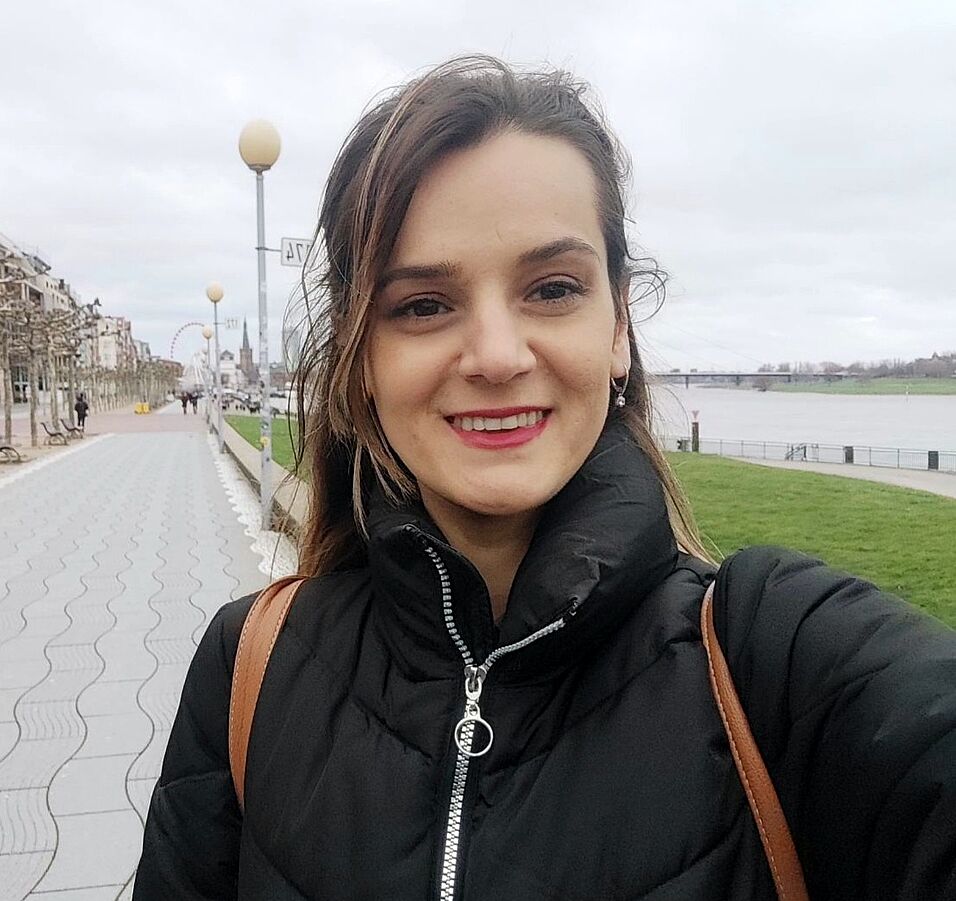Blerta is visiting the Department of Communication from March to December 2023 as a research fellow in the Computational Communication Science Lab. During her stay, she will be working with Hajo Boomgaarden to further advance her dissertation on the Influence of the Media on Emigration in Transition Societies: An Analysis with Special Reference to Television and Social Media in Kosovo. More concretelty her interests lie within the fields of media effects, journalism, new media, semiotik and political discourse.
Blerta is a Teaching Assistant at the Department of Journalism, University of Prishtina University (Kosovo), where she is teaching an introduction to journalism as well as working on research regarding her dissertation. She uses content analysis, experiments, and surveys to understand how media influence attitudes and behaviour, particularly in relation to emigration in transition societies.
Collaboration interests: Does media content influence people's attitudes and behaviour, particularly with regard to migration? To what extent do different types of media influence people's attitudes and behaviour towards migration in transition societies?
You can contact Blerta via E-Mail (blerta.blakaj@uni-pr.edu) or Twitter!
We wish Blerta good luck with advancing her dissertation and an inspiring and pleasant stay in Vienna!

